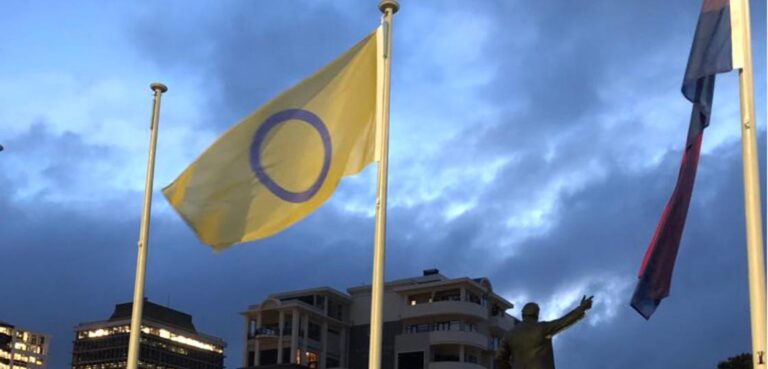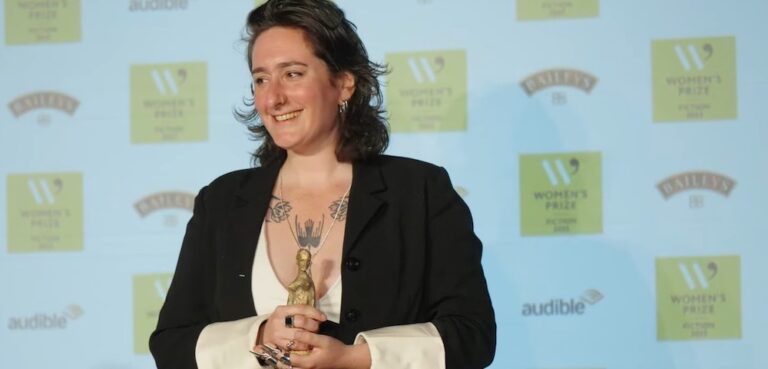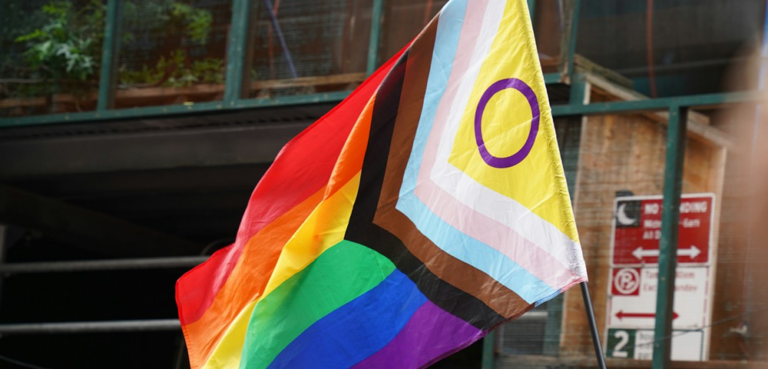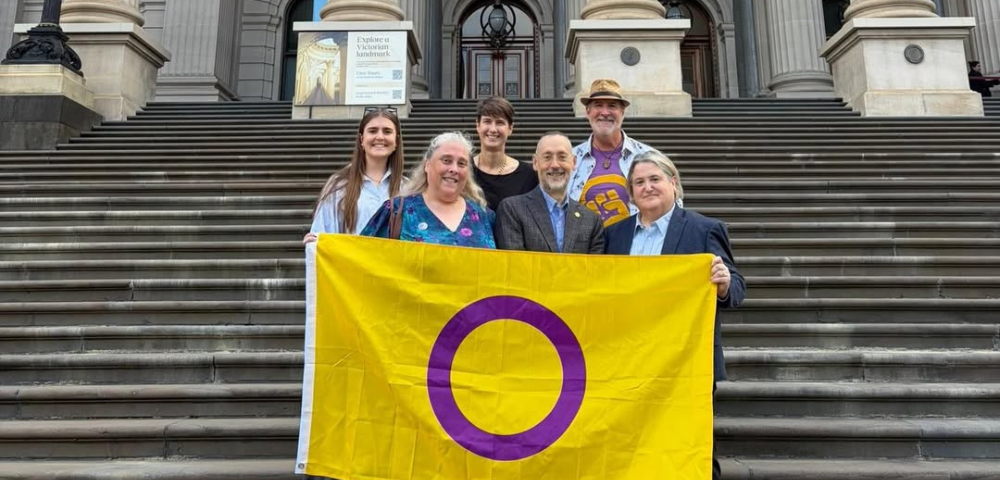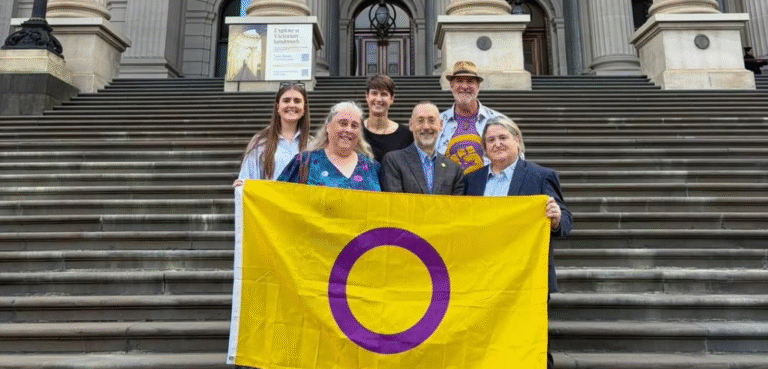
ACT Intersex Legislation Brings Protection, But More Importantly, Fosters Connection
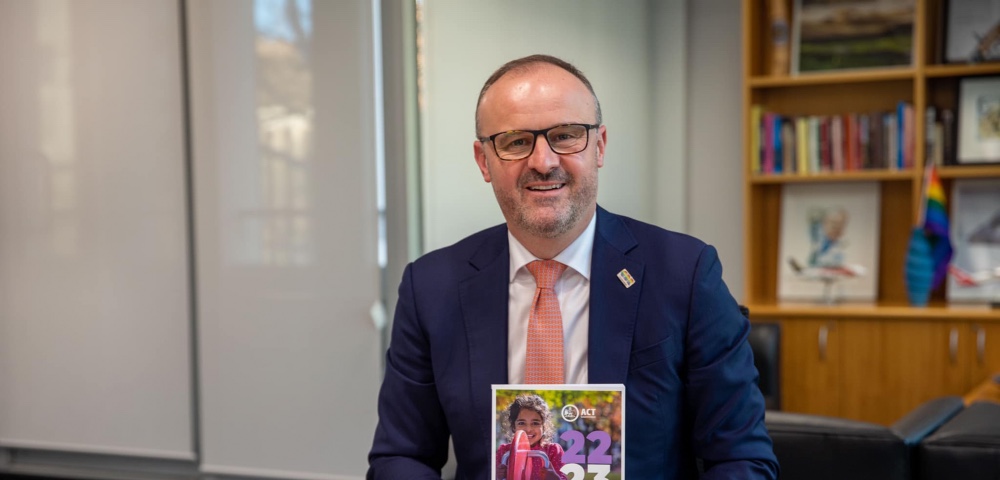
By Bonnie Hart
Proposed legislation in the Australian Capital Territory to protect the human rights of people, particularly children, with innate variations of sex characteristics (intersex) in medical settings, will set the benchmark for other states and territories.
The ACT government was moved to action though calls for reform to clinical practices made by the intersex community in our 2017 Darlington Statement, the 2021 Australian Human Rights Commission’s intersex report ensuring the health and bodily integrity, a Senate Enquiry into the involuntary or coerced sterilisation of intersex people in Australia, and observations of harmful practices from multiple international human rights bodies.
Legislative Protection Has Become Necessary
For decades our intersex peer groups have been supporting community and working to improve intersex awareness whilst also persuading medical practitioners that otherwise unnecessary procedures to “normalise” sex characterises must only be done when the person can provide full and informed consent.
Legislative protection has become necessary due to the profound disconnection inherent to the biomedical model of care imposed on intersex people and our families…
…disconnection of people from affirmative information about their bodies and the procedures that have been done to them…
…disconnection within families living in fear, shame and silence…
…disconnection within, and between, parallel fields of medicine…
…disconnection between paediatric hospitals and adult services…
…disconnection in society through erasure of intersex bodies….
…disconnection from support…
A Unified Approach Is Required
However, clinical culture is beginning to shift. In 2022 Dr Jacky Hewitt gave the first formal apology for historical harms experienced by children with variations of sex characteristics. Such acknowledgements are important to build trust with community and set the course for best-practise moving forward.
A unified approach is required to ensure that health services leave people connected – connected to self, connected with family, and connected within communities.
The ACT legislation provides additional protection through regulatory oversight of medical treatment plans and increased access to peer and psychosocial supports.
Funded avenues for support have the potential to build connections between specialist clinical teams and community-based services.
Intersex-led organisations and our lived experience expertise will play a key role but still must be properly resourced to continue our work of identifying gaps, keeping people connected and creating a culture of acceptance and celebration of our bodies.
On the eve of this milestone bill, for those of us who work with and within intersex communities there is much to celebrate and reasons to be optimistic for a future where integrated healthcare supports connected communities.
Bonnie Hart is an intersex woman, peer worker and advocate. She is Deputy Executive Director of Intersex Human Rights Australia, Secretary of Intersex Peer Support Australia, PhD Candidate at the University of Southern Queensland, and Manger of InterLink, the intersex-led psychosocial support program.



